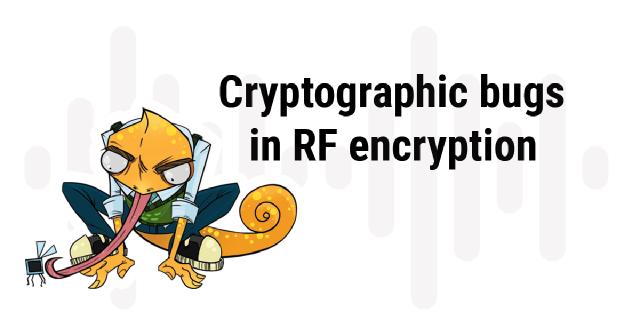Notes on adding cutting edge features
As we've stated in the past, the Themis library grew out of our own needs for a secure, efficient and convenient cryptographic library. While providing abstracted high-level services, Themis uses trusted, well established implementations of cryptographic primitives such as those provided by LibreSSL/OpenSSL or platform native cryptography providers. With the upcoming v0.9.2 release of the Themis library, we will be announcing a new set of features called "Secure Comparator". As distinct from the current set of Themis functions, Secure Comparator not only uses existing implementations of cryptographic math but also our own in house developments - as we could find no suitable public implementations for some of operations with ECC curve ed25519.
Releasing Themis into public: usability testing
How we did usability testing for Themis when releasing the open source library into public. When we were ready to release Themis, we've gathered a few colleagues and decided to make a test run on unsuspecting developers - how would the library blend into their workflows? 1. Introduction While usability testing for user-centric applications has it's own distinct techniques, standards and frameworks, this is not so typical for a relatively complex and technical library aimed at developers and spanning multiple languages and platforms.


